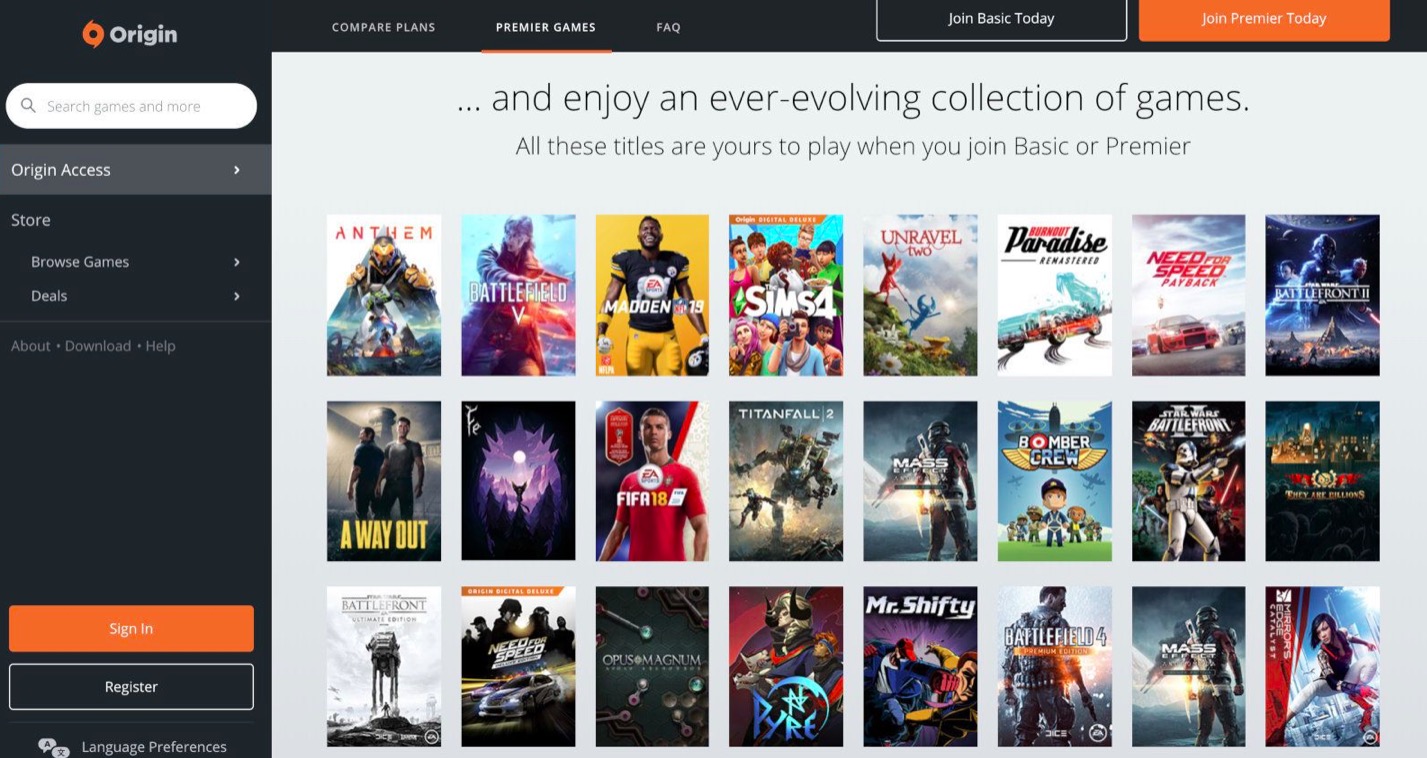
I have run my own remote company that operates at the intersection of technology, media, and public relations since 2013. It removes the ability to seem productive (by sitting at your desk looking stressed or always being on the phone), and also, crucially, may reveal how many bosses and managers simply don’t contribute to the bottom line. Remote work empowers those who produce and disempowers those who have succeeded by being excellent diplomats and poor workers, along with those who have succeeded by always finding someone to blame for their failures. Remote work lays bare many brutal inefficiencies and problems that executives don’t want to deal with because they reflect poorly on leaders and those they’ve hired. ĭerek Thompson: Winners and losers of the work-from-home revolution One senior executive at the company has even been allowed to work remotely from New Zealand.

Earlier this year, Google’s parent company, Alphabet, rolled out an uneven return-to-office plan for its more than 130,000 employees-the majority of workers must soon come back to the office three days a week, while others are permitted to keep working exclusively from home. The old guard’s members feel heightened anxiety over the white-collar empires they’ve built, including the square footage of real estate they’ve leased and the number of people they’ve hired. Some of the people loudly calling for a return to the office are not the same people who will actually be returning to the office regularly.

In key ways, this fight resembles the current remote-work debate in industries such as technology and finance. Netflix held firm, saying that it stood for “everyone, everywhere releases at the same time,” and for “giving filmmakers more ways to share art.” Ultimately, Spielberg balked, and last month his company even signed a deal with Netflix, likely because he now sees the writing on the wall: Modern audiences enjoy watching movies at home.
SIMS 4 GET TO WORK PRODUCT CODE FREE MOVIE
Spielberg’s fury was about not only the threat that streaming posed to the in-person viewing experience but the ways in which the streaming giant Netflix reported theatrical grosses and budgets, despite these not being the ways in which one evaluates whether a movie is good or not. In 2019, Steven Spielberg called for a ban on Oscar eligibility for streaming films, claiming that “movie theaters need to be around forever” and that audiences had to be given “the motion picture theatrical experience” for a movie to be a movie. About the author: Ed Zitron is the writer of the tech and culture newsletter Where’s Your Ed At and the CEO of the technology-public-relations firm EZPR.


 0 kommentar(er)
0 kommentar(er)
